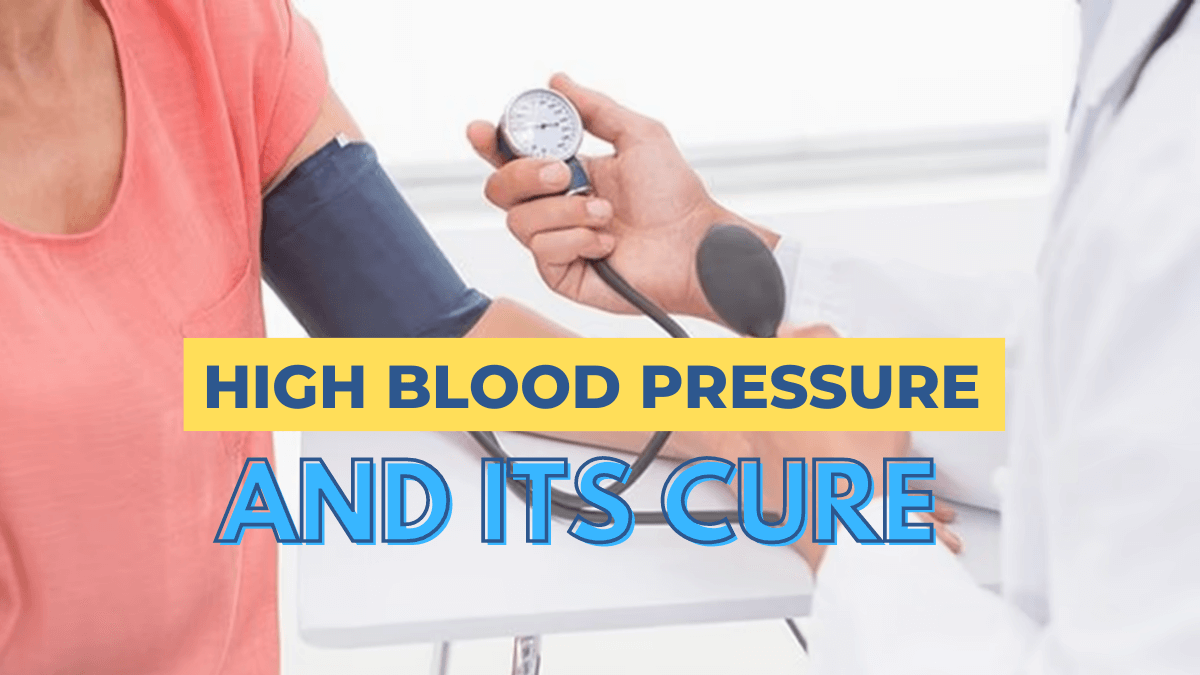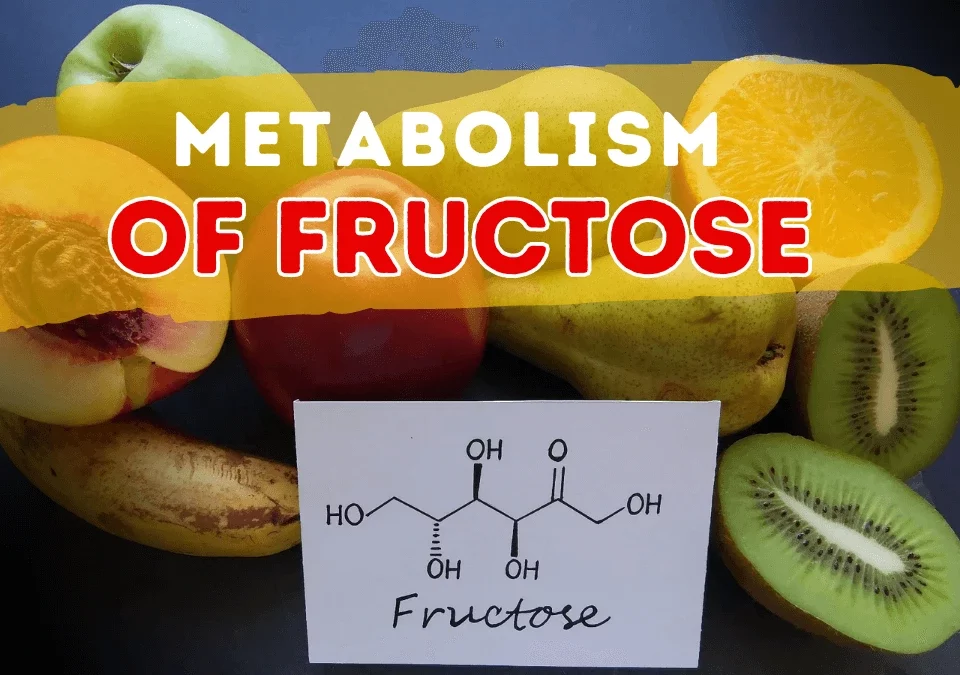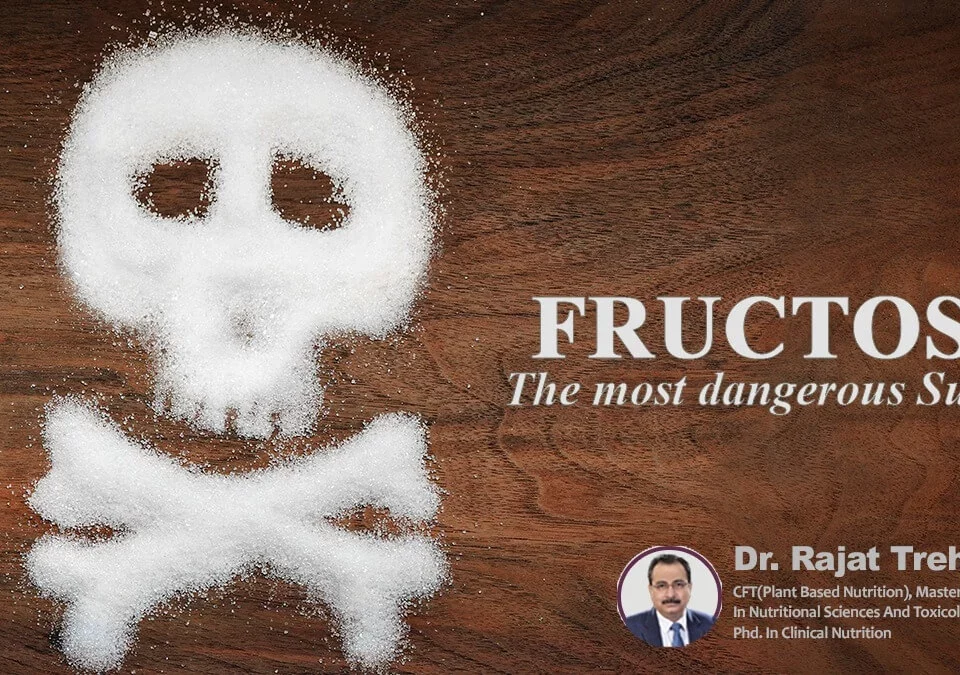High Blood Pressure And Its Cure

Stopping Arthritis From Progression
February 4, 2023
Exercise For Your Age: A Guide To Getting Fit At Any Stage In Life
February 18, 2023High Blood Pressure And Its Cure
Blood pressure monitoring is an important part of aging. Finding out that you have high blood pressure can be alarming but it's not too late to take action. Here are some reasons why people develop high blood pressure, how to lower it naturally and a list of symptoms that indicate your medical condition may be getting worse. This can help you set realistic goals for yourself and make sure you get checked as soon as possible.
Blood pressure is nothing but the force with which blood circulates through different organs in the body
It is measured in millimetres of mercury (mm Hg). The pressure exerted by each heartbeat on the walls of your arteries causes them to expand, pushing blood out through the openings and down towards your feet. As long as you have a steady supply of oxygen-rich blood, your heart will pump enough to keep all these parts running smoothly.
When your blood pressure is low enough, it can become difficult for your heart to pump as much blood as it needs. Because there isn't enough blood flow for all that pumping to take place. This condition is called arteriosclerosis or hardening of the arteries (also called atherosclerosis). There are many other reasons for Arteriosclerosis, such as high cholesterol levels, smoking, diabetes, obesity, eating saturated fats etc. A high level of sodium in your diet can also cause high blood pressure.
Blood pressure is measured as systolic and diastolic pressures
Systolic pressure is the higher of the two pressures, while diastolic pressure is the lower of the two pressures.
Systolic blood pressure (SBP) is a measurement of blood pressure when the heart pumps blood out of the arteries into circulation. Diastolic blood pressure (DPB) is a measurement of blood pressure when the heart rests between beats and does not pump blood into circulation.
Normal blood pressure is 90/60 mmHg
Some people are a little higher or lower than this, but the general rule is that if your blood pressure is in the top 30% of normal, then you probably have hypertension and should see a doctor.
If your blood pressure is consistently in the top 30% of normal, then you are at risk of hypertension. If it's always in the bottom 10%, then you are at risk for cardiovascular disease.
There are so many reasons for hypertension like heredity, stress, lifestyle, smoking and excessive drinking of alcohol, age factor etc.
Heredity is one major reason for high blood pressure. The genes or chromosomes of the person may be responsible for producing the protein that causes high blood pressure. Heredity plays a vital role in the production of this protein. The person having this gene produces more of this protein than normal people and hence his blood pressure is higher than that of normal people.
Stress also causes an increase in blood pressure. When you are under stress your body produces more adrenaline which increases your heart rate and blood pressure. The level of stress at home or on the job can cause high blood pressure problems in some people who otherwise do not have it.
Lifestyle has a great influence on our health; if we lead a healthy lifestyle it will help us stay fit and prevent us from getting diseases like high blood pressure as well as diabetes mellitus etc.
Smoking is another major cause of high blood pressure because smoking constricts the arteries which leads to stiffening of these vessels which leads to higher tension in these vessels thus increasing blood pressure levels in general
A doctor can guide you to reduce high B.P with the support of regular exercise and a proper diet plan by the nutritionist.
When it comes to treating high blood pressure and heart disease, doctors have been prescribing drugs like ACE inhibitors and beta blockers for decades. But these drugs have a number of side effects, not least of which is an increased risk of kidney failure. That's why researchers at the University of British Columbia are developing a new class of medications that target the underlying problem behind high blood pressure — an overactive thyroid gland.
The researchers say their discovery could lead to new treatments for both high blood pressure and heart disease by blocking a critical biological pathway involved in both conditions.
Research has shown that people with anxiety disorders are more likely than others to develop depression; they also tend to be more anxious than non-anxious people. Studies have linked anxiety disorders with other mental health problems, including substance use disorders, eating disorders, psychotic illnesses and personality disorders.
Takeaway: Keeping a check on your blood pressure is important if you have it.
Blood pressure is one of the major risk factors for heart disease and stroke. Keeping a check on your blood pressure is important if you have it.
It's easy to forget that we are constantly under stress and strain, but the body needs time to relax in order to function properly.
That's why it's important to take regular breaks from work, family and friends and spend some time alone or with loved ones.







